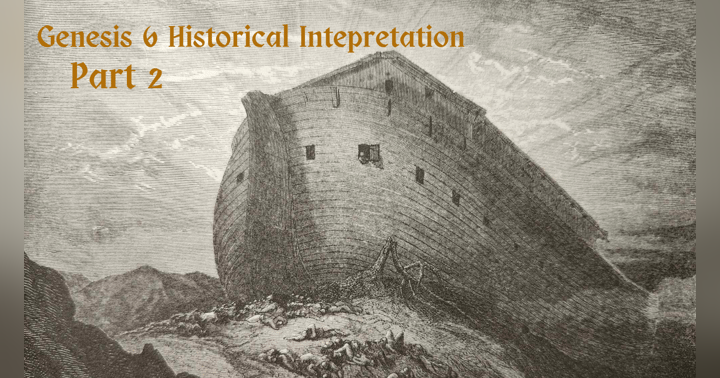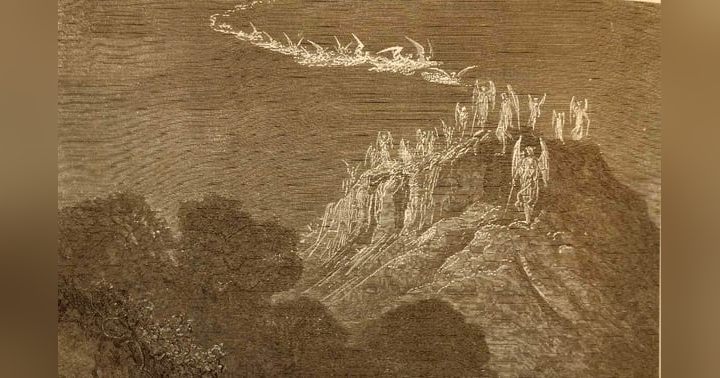The Divine Council Worldview and the Mystery of the 'So-Called Gods'
Introduction
In our latest episode, Divine Council Worldview: Comparing Translations with Mike Chu - Episode 069, we delved into the enigmatic concept of the 'so-called gods' mentioned in 1 Corinthians 8:5. This blog post will further explore this topic, examining its relationship to the Divine Council worldview and its implications for understanding the nature of other divine beings.
The Divine Council Worldview: A Brief Overview
The Divine Council worldview is a biblical perspective that interprets various passages in Scripture as portraying God as presiding over a council of divine beings. These beings, referred to as the 'sons of God' or 'divine council,' are not to be confused with the Trinity. Instead, they represent angelic or spirit beings who assist God in governing the cosmos.
The Mystery of the 'So-Called Gods' in 1 Corinthians 8:5
In 1 Corinthians 8:5, the apostle Paul writes, "For even if there are so-called gods, whether in heaven or on earth (as indeed there are many 'gods' and many 'lords'), yet for us there is one God, the Father, from whom are all things and for whom we exist, and one Lord, Jesus Christ, through whom are all things and through whom we exist."
The phrase 'so-called gods' has been interpreted in various ways. Some scholars suggest that Paul is referring to pagan deities or false gods worshipped by other nations. Others propose that he is alluding to the angelic beings of the Divine Council who, while possessing authority, are not to be worshipped as gods in their own right.
Implications for Understanding Other Divine Beings
The Divine Council worldview provides a framework for understanding the existence of other divine beings besides God. It acknowledges the presence of angelic or spirit entities who participate in God's governance, but it also affirms the supremacy of the one true God, the Father, and His Son, Jesus Christ.
This perspective has implications for how we view the spiritual realm and our relationship to God. It challenges the notion of a single, all-powerful deity and instead presents a more nuanced understanding of the divine hierarchy.
Conclusion
The Divine Council worldview offers insights into the nature of other divine beings and their relationship to God. By exploring the concept of the 'so-called gods' in 1 Corinthians 8:5, we gain a deeper appreciation for the interconnectedness of the spiritual realm. Ultimately, this understanding reinforces the truth that there is one true God, the Father, from whom all things come and for whom we exist, and one Lord, Jesus Christ, through whom we have salvation.








